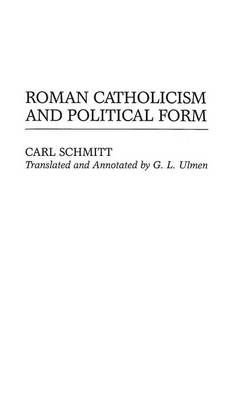
1. Wonderful to be able to read this latest book by @BrunoLatourAIME in English.
The first chapter begins with the image of our surfacing-to-air after a period of enforced confinement, just as we all experienced during the pandemic lockdowns. We search for our bearings …
The first chapter begins with the image of our surfacing-to-air after a period of enforced confinement, just as we all experienced during the pandemic lockdowns. We search for our bearings …

@BrunoLatourAIME 2. But as our eyes accustom again to the light we find a changed world. This is not renaissance, but new awareness of guilt. We cannot bear to gaze upon nature – trees, rivers, the sky – because we are freshly conscious of the damage human activity has imposed upon it.
@BrunoLatourAIME 3. Instead, the best we can do is gaze at the moon. Why? Because the moon represents the "closest" object in the universe that is nevertheless “outside” our sphere of influence, and for which we do not (as it were) bear responsibility. The sub-lunar world is tainted.
@BrunoLatourAIME 4. Latour represents for us the alteration in our moral psychology that has been caused by the awareness of the zoonotic origin of COVID, which is merely one instance of the damage caused by human hegemony over nature in the Anthropocene.
@BrunoLatourAIME 5. Our awakening from slumber (lockdown) is like that of G. Samsa. We too have undergone a metamorphosis, & are now grimly aware of the monstrous bodily form we now inhabit. We sense a new difficulty in inhabiting the world in the way we did before. 

@BrunoLatourAIME 6. Previously, like Gregor, we occupied our own bodies naively & without self-awareness.
But now, we cannot.
We are newly conscious of the contamination of the virus we spread in the air.
And our COVID aerosols are like the trail of atmospheric emissions we carry behind us.
But now, we cannot.
We are newly conscious of the contamination of the virus we spread in the air.
And our COVID aerosols are like the trail of atmospheric emissions we carry behind us.
@BrunoLatourAIME 7. In lockdown, our agency-consequences have been made so much more apparent to us. We even have to take responsibility for how close we stand, for fear of transmitting Covid.
Brave new world!
Brave new world!
@BrunoLatourAIME 8. Thinking of Gregor, who became an insect, we are reminded of termites. Why? Because these insects inhabit a world that they create: the colony. We too have been forced to occupy a space "indoors" and "alone" for many months. We have had an insect existence during lockdown. 

@BrunoLatourAIME 9. But look at the termites ... they are restricted to the space of the termitary, yes, but they can extend themselves further as they build outwards; the termitary thus becomes a type of exoskeleton or extended body. The world is an extension of their own being.
@BrunoLatourAIME 10. “Kafkaesque” implies a vision of the entrapment of individuals within a system. But perhaps we need to revisit what the adjective means: for here, the system is integrated as an extension of being. Perhaps we could even imagine the termite/ Gregor as being “happy” (Camus).
@BrunoLatourAIME 11. Latour wants us to understand & embrace our termite-being. For humans too are those who construct and extend outwards the interior of their habitable space.
@BrunoLatourAIME 12. Like Gregor, we may have been tempted to lounge in our bedrooms during lockdown. But Gregor can show us the way! For his insect consciousness recognises the joy of constructing a habitable space ... painstakingly, progressively, & in collaboration with others (the colony).
@BrunoLatourAIME 13. In fact, insect-Gregor is the true human! It is the miserable others in Kafka's story (the parents, the sister, the company boss) who have refused to become human, as they seek to force him out in conformity; they should opine who they are & what they have become, not Gregor!
@BrunoLatourAIME 14. This first chapter sets the scene for the rest of the book: Latour calls us to the self-regulating construction of a habitable space, as an antidote to the deadening forces of modernity, which can do nothing but present a "utopia" that cannot be endured.
• • •
Missing some Tweet in this thread? You can try to
force a refresh









